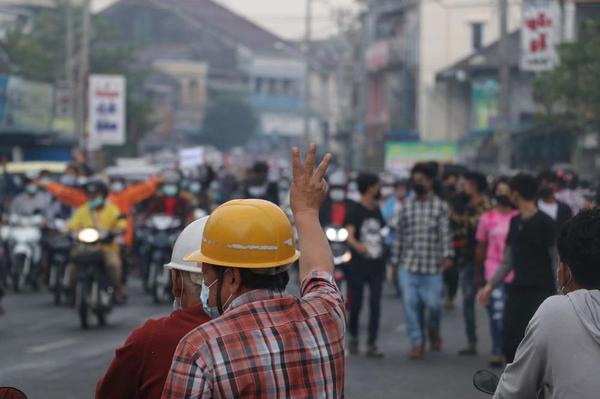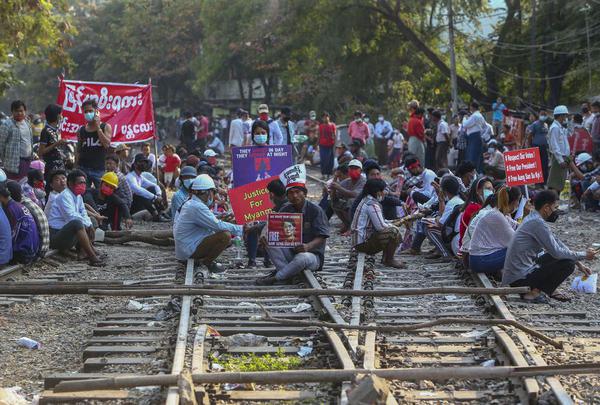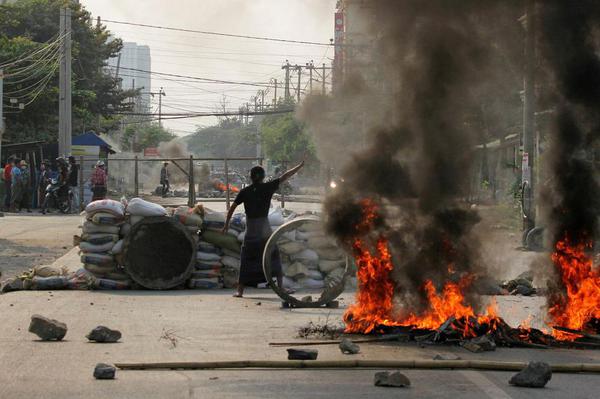The Globe and Mail
•
February 22 2021
Striking workers across Myanmar brave personal risks to bring down junta
When Myanmar’s police forces surrounded the dormitory of a teacher training college in the northern city of Myitkyina last week, they arrested two teachers and beat one of them, breaking her hand.
The teachers, who were released the same day, were participating in a civil disobedience movement that has rapidly spread across the country, part of broader protests against a Feb. 1 military coup. Authorities have responded to the worker strikes with harassment, threats and force.
“I feel unsafe at





